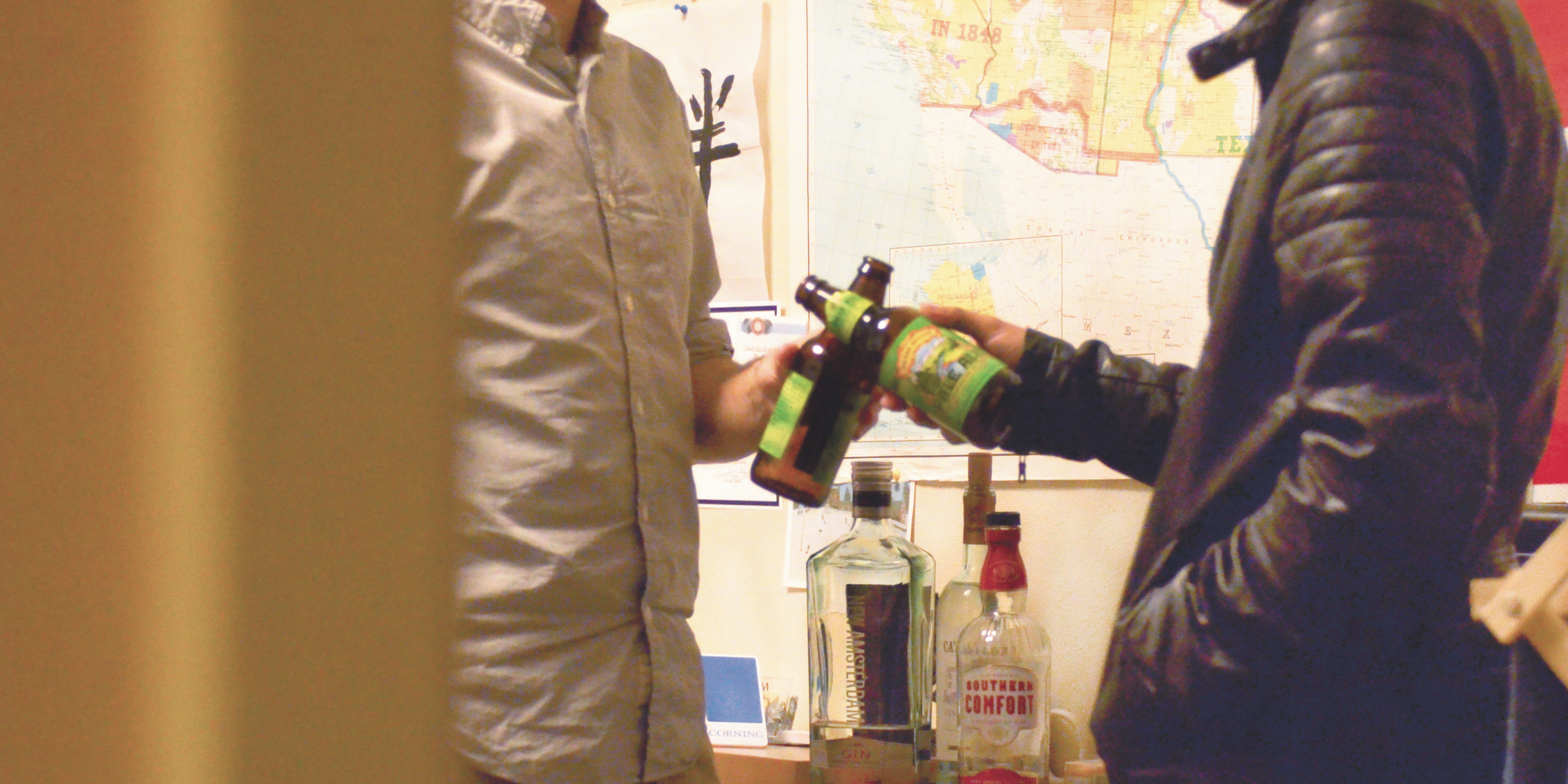The University released a new set of rules for drug and alcohol use in an email sent to students on Friday.
The policy, which will become effective on September 1, outlines regulations on drugs, hard alcohol and parties. It also expands on its future implementation along with its policy on “good samaritan” reporting, which exempts students and student groups seeking medical help for themselves or others from facing disciplinary action.
The new policy includes the addition of a section on drugs, which is absent from current policies. Even though cannabis usage is legal in California, the possession, use and distribution of cannabis on campus is completely prohibited in accordance with federal laws, since Stanford receives federal funding. The same rules apply to any other controlled substances, such as cocaine, opioids and benzodiazepines.
The University also expanded on their “good samaritan” policy. While students and groups seeking medical help for themselves or others will not face disciplinary action, they may still be required to complete educational programs. The policy does not preclude students from facing action for other university violations, such as causing sexual or physical harm. In addition, if a student doesn’t report medical help when it’s needed for another individual, they could face even more serious disciplinary action.
Many of the present policy’s alcohol rules will stay the same. Like past years, hard alcohol (greater than 20% alcohol by volume) of any kind is prohibited at undergraduate parties, but allowed at the graduate level. Shots or drinking games that “promote high-risk drinking or rapid alcohol consumption” will not be allowed. As is the case with the current policy, no alcohol consumption will be allowed during Dead Week, finals week, Admit Weekend and New Student Orientation. Parties must also be registered with the University.
The new policy did not indicate whether alcohol is allowed in all-frosh dorms, even though the current policy prohibits it. The university did add that it is illegal for students under 21 to drink.
University spokesperson Pat Harris wrote in an email to The Daily that the Dean of Students Office is working with resident assistants and resident fellows to apply these new and existing policies in a way that creates a “framework for accountability and support” in the future. The policy is in part the culmination of work done by the Alcohol Solutions Group, which was formed by Provost Persis Drell and the Dean of Students Office in 2019. The group worked with Stanford Law School’s Law and Policy Lab to survey over 1,000 students. Since the pandemic, a series of working groups have been implementing the data gathered, culminating in the release of the new policy.
